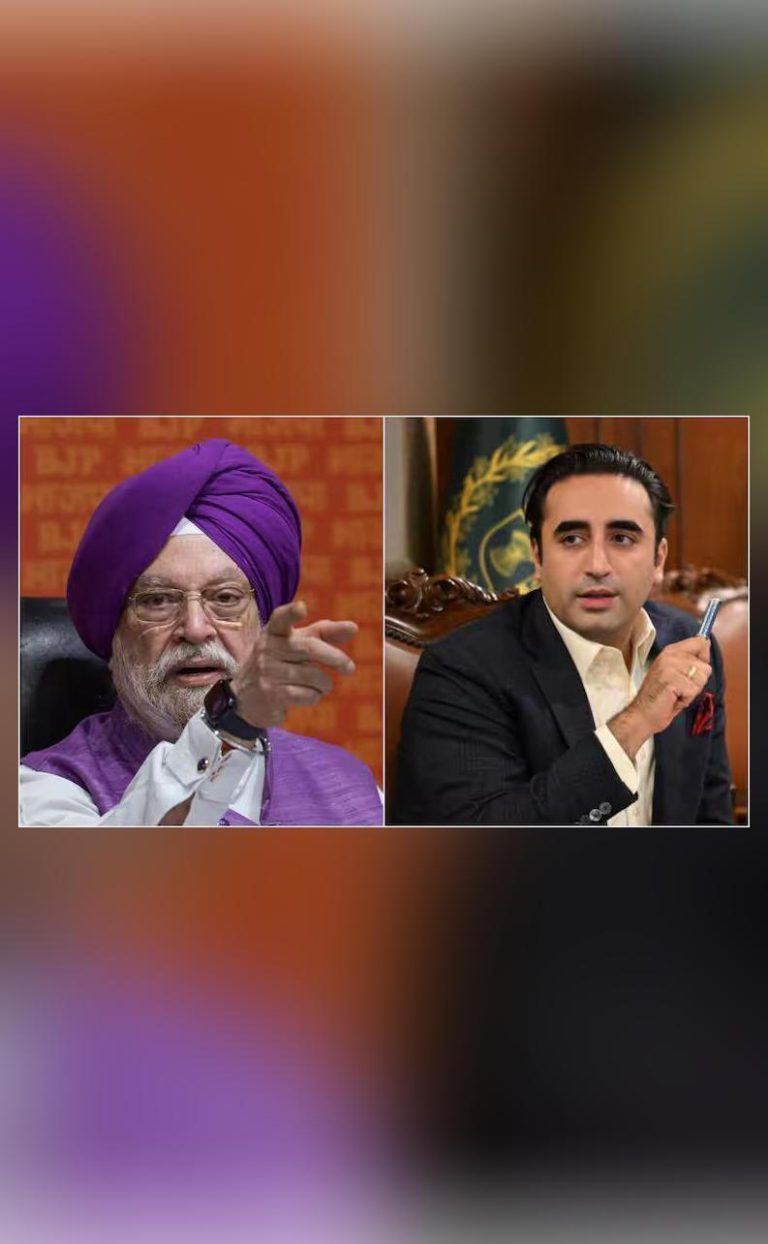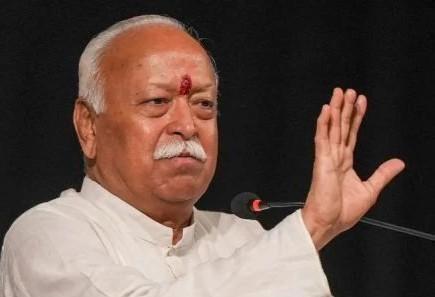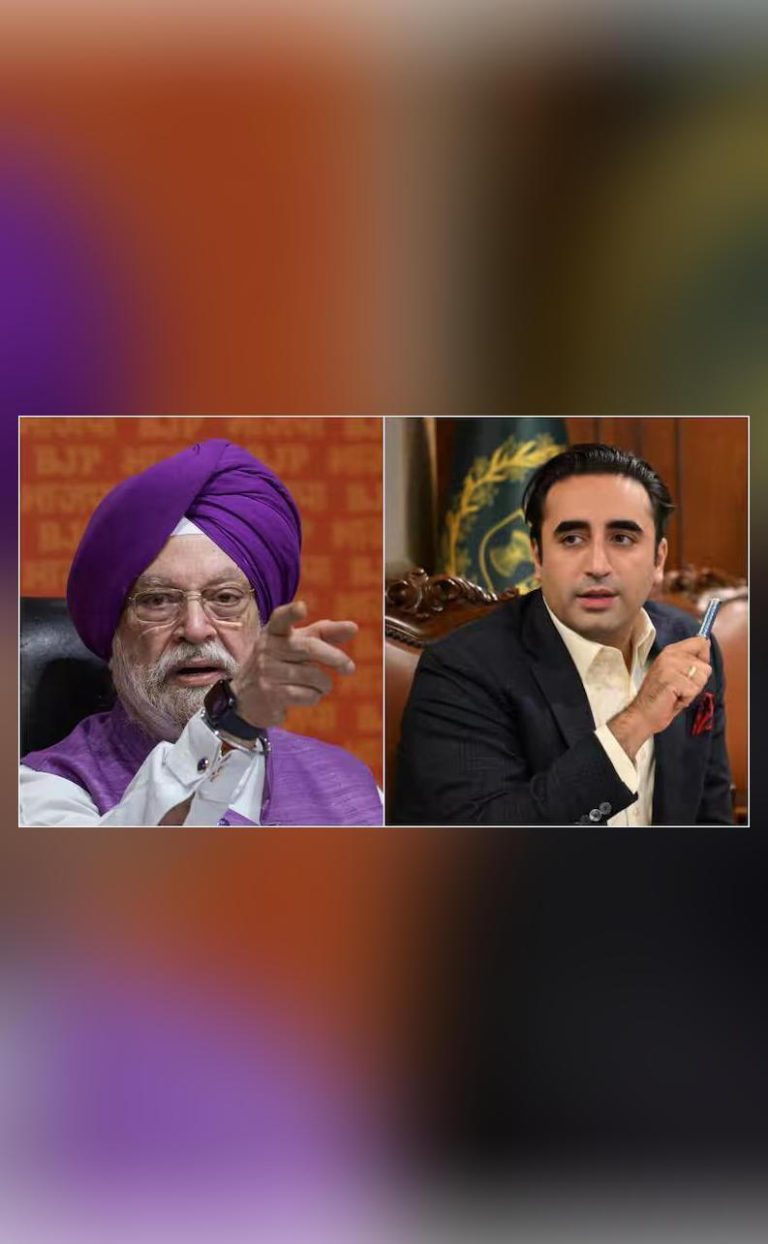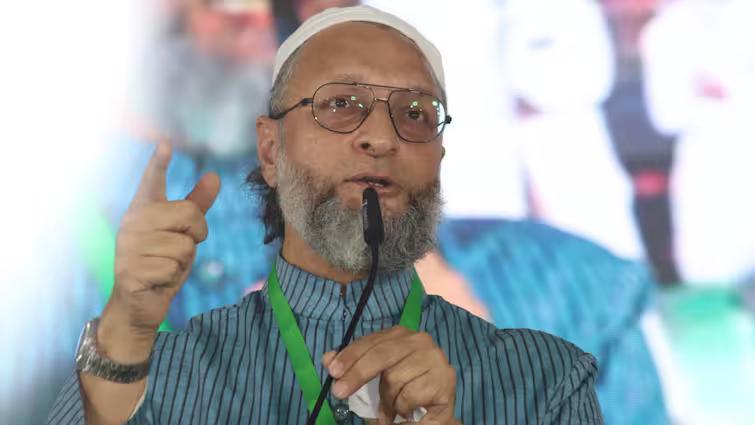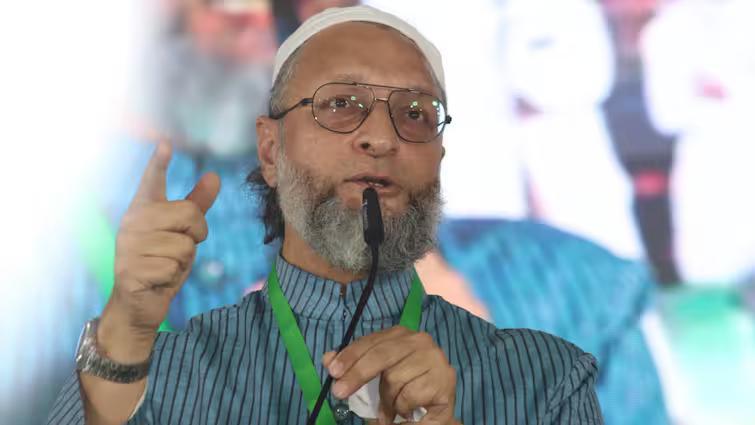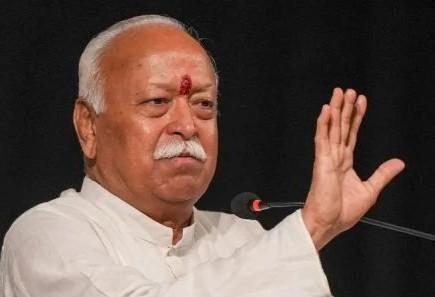
If someone turns to evil then we’ll teach lesson: Bhagwat on J&K attack
In the wake of a recent terror attack in Pahalgam, Jammu and Kashmir, RSS chief Mohan Bhagwat has sparked controversy with his statement on the attack. While speaking to the media, Bhagwat emphasized that non-violence is indeed India’s religion, but he also believes that sometimes it is necessary to teach a lesson to those who are bent on being evil.
The statement has raised eyebrows among many, with some interpreting it as a call to arms against those who are opposed to the government. However, Bhagwat’s words must be seen in the context of the situation, where the Indian army is battling terrorism and extremism in the Kashmir Valley.
Bhagwat’s statement was a response to a question about the recent attack in Pahalgam, where a group of terrorists opened fire on a group of tourists, killing several people. The RSS chief emphasized that the Indian army is not an aggressor, but rather a force that is dedicated to protecting the people of India.
“We never harm or disrespect our neighbours, but if someone is bent on being evil, what is the cure? The king’s duty is to protect the people, and he will do his duty,” Bhagwat said.
While Bhagwat’s statement may have been interpreted as a call to arms, it is essential to understand the historical and cultural context in which he made his statement. In Hinduism, the concept of the “king’s duty” is deeply ingrained in the concept of the “Rajadharma”. According to this concept, the king’s primary duty is to protect his people and maintain law and order in the kingdom.
In the context of contemporary India, Bhagwat’s statement can be seen as a call to the government and the armed forces to take necessary measures to protect the people of India from terrorist attacks. The RSS chief’s emphasis on the importance of teaching a lesson to “oppressors and hooligans” can be seen as a call to the authorities to take a strong stance against terrorism and extremism.
It is also important to note that Bhagwat’s statement was not a call to violence or aggression. Rather, it was a statement of the importance of protecting the people of India and upholding the rule of law. The RSS chief’s emphasis on the importance of non-violence is well-documented, and his statement should not be seen as a departure from this principle.
In fact, Bhagwat’s statement can be seen as a call to the Indian government to adopt a more nuanced approach to dealing with terrorism and extremism. Rather than simply relying on military might, the government should also focus on addressing the root causes of terrorism and extremism, such as poverty, lack of education and unemployment.
The Indian government has a responsibility to protect its citizens, and it is essential that it takes all necessary measures to prevent such attacks from happening in the future. However, it is also important that the government adopts a more nuanced approach to dealing with terrorism and extremism, one that takes into account the complexities of the issue and the need to address the root causes of terrorism and extremism.
In conclusion, Bhagwat’s statement on the J&K attack should be seen as a call to the Indian government to take necessary measures to protect its citizens and uphold the rule of law. His emphasis on the importance of teaching a lesson to “oppressors and hooligans” is not a call to violence or aggression, but rather a statement of the importance of protecting the people of India and upholding the rule of law.
Source: https://youtu.be/SpAKVWl5wII
